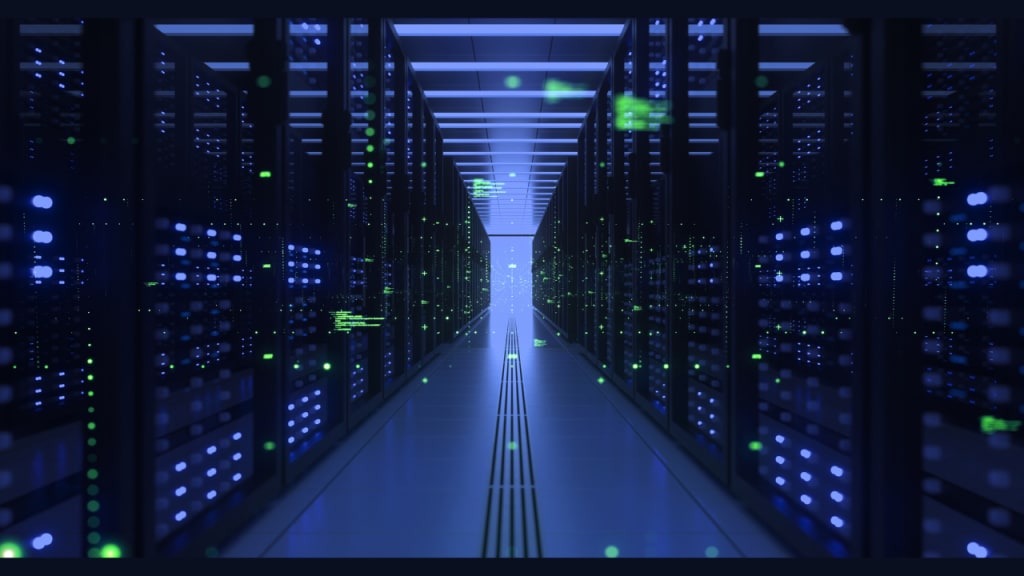
In the world of data storage and computing, innovation knows no bounds. We've witnessed the rise of cloud computing, edge computing, and even quantum computing. However, one remarkable technological leap that is still relatively uncharted territory is the concept of underwater data centers. These submerged facilities are emerging as a promising solution to some of the most pressing challenges in data storage and environmental sustainability. In this article, we'll dive deep into the world of underwater data centers and explore how they are harnessing the power of the deep sea.
The Need for Innovative Data Centers
The exponential growth of data in the digital age has led to a pressing need for more efficient and sustainable data storage solutions. Traditional data centers, often sprawling complexes of buildings, consume enormous amounts of energy for cooling and maintenance. This not only strains power grids but also contributes significantly to carbon emissions. To address these issues, tech giants like Microsoft and Google are turning to the ocean's depths for a more eco-friendly approach.
Submerging Data Centers
Underwater data centers involve housing data servers in specially designed pods submerged in oceans or large bodies of water. The idea may seem audacious, but it's backed by sound reasoning. The deep sea offers a naturally cold environment, which is perfect for cooling servers, reducing energy consumption, and lowering overall operational costs. Additionally, the ocean provides an abundant source of renewable energy through underwater turbines or ocean thermal energy conversion (OTEC) systems.
Advantages of Underwater Data Centers
1. Energy Efficiency: The constant, low-temperature environment of the deep sea reduces the need for energy-intensive cooling systems, making these data centers highly energy-efficient.
2. Environmental Impact: By harnessing the power of the ocean for cooling and potentially even energy generation, underwater data centers have the potential to significantly reduce their carbon footprint.
3. Scalability: The vast expanse of the ocean offers virtually unlimited space for data center expansion, making it an attractive option for companies with ever-growing data needs.
4. Security: The physical security of underwater data centers is inherently robust, as they are difficult for unauthorized individuals to access.
5. Natural Disaster Resilience: Placing data centers underwater can protect them from natural disasters like hurricanes, earthquakes, and fires, providing enhanced data security.
Challenges and Considerations
While underwater data centers offer many advantages, they also come with unique challenges and considerations:
1. Maintenance: Regular maintenance and repair of submerged data centers can be complex and costly due to the need for underwater access.
2. Environmental Impact Assessment: The environmental impact of deploying underwater data centers must be thoroughly assessed to ensure they do not harm marine ecosystems.
3. Connectivity: Ensuring reliable and high-speed connectivity to and from these submerged facilities is crucial.
4. Cost: Initial setup costs for underwater data centers can be significant, although they may be offset by long-term energy savings.
Case Studies
1. Microsoft's Project Natick: Microsoft made headlines with its Project Natick, which involved deploying a self-contained data center off the coast of Scotland. The experiment demonstrated the feasibility of underwater data centers.
2. EcoDataCenter's Hyperscale Data Center: Sweden-based EcoDataCenter launched one of the world's first climate-positive data centers by using renewable energy and innovative cooling solutions.
Underwater data centers represent a bold leap into the future of sustainable data storage and computing. While there are still technical and environmental challenges to overcome, the potential benefits are undeniable. As technology giants and environmentalists work together to refine this innovative concept, we may soon see a world where our data is not only stored securely but also contributes to the preservation of our planet's fragile ecosystems. In the depths of the ocean, a new era of data centers is quietly emerging, and it's one worth watching closely.
About the Creator
R Roka
Hello, I'm R Roka, a passionate content author with a deep love for the written word. With experience in the field, I have had the privilege of crafting engaging and informative content across various niches.






Comments
There are no comments for this story
Be the first to respond and start the conversation.